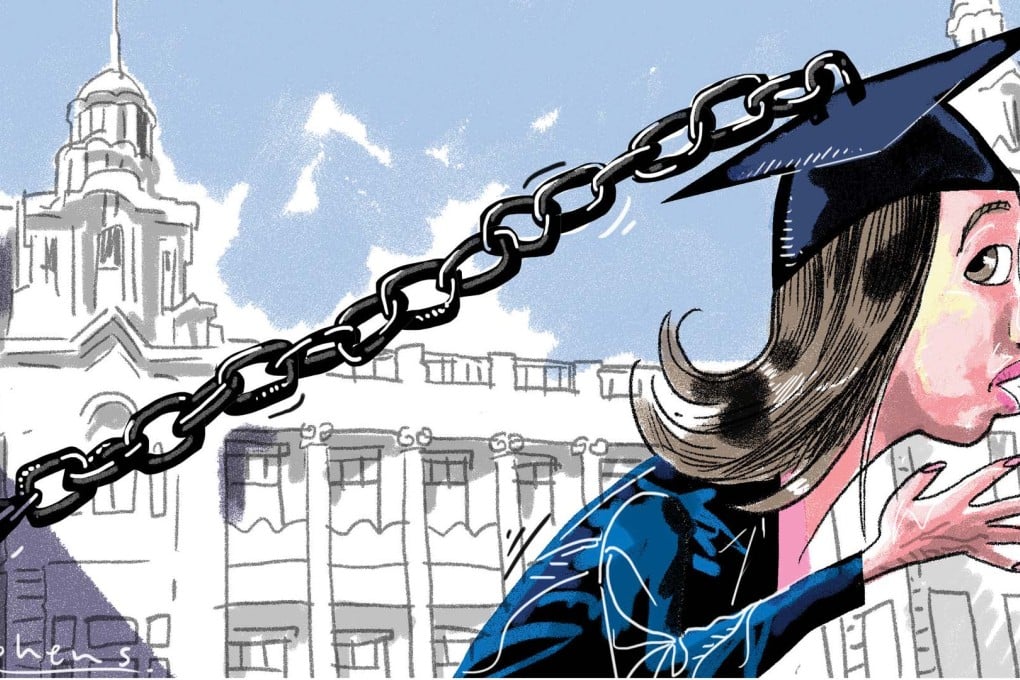Attempt to subvert academic freedom in Hong Kong is far worse than disrupting the HKU council
Anson Chan says the real issue in the HKU appointment row is the alarming threat to its prized autonomy

It was bound to happen. The current torrent of righteous indignation that has been unleashed in response to the gate-crashing by student representatives and others of last week's meeting of the University of Hong Kong's council is clearly intended to divert attention from the much more serious issue of who and what are to blame for the crisis engulfing the university.
I do not condone the actions of the students and fear that the rowdy incident has played into the hands of those who are bent on discrediting their very legitimate concerns. However, I sympathise completely with their frustration.
HKU is Hong Kong's most venerable and respected seat of academic learning. It is my alma mater, and, along with many of my fellow alumni, I am both angry and dismayed that the prolonged shilly-shallying by the council over the appointment of the post of pro-vice-chancellor for academic staffing and resources is bringing the university's governance into disrepute, both locally and overseas.
I have held back from commenting on this issue earlier because the person at the centre of the affair, Professor Johannes Chan Man-mun, is a friend and a valued member of my Hong Kong 2020 think tank. I may, therefore, be viewed as biased in his favour. But this is not about individuals; it is about principles and due process. I would feel just as strongly whoever was being treated in such a disingenuous and cavalier fashion.
I wonder if those members of the council who are content to keep kicking the can down the road realise just how much damage they are doing, not just to the standing of the university they have been appointed or elected to serve, but also to perceptions of their own personal and professional integrity. Hong Kong people are not stupid. They can see the latest lame excuse for deferring a decision - the need to seek the counsel of a new provost who has yet to be identified - exactly for what it is: a flimsy cover-up of the real reason for the delay and an insult to the intelligence of the general community.
Let's not forget that the recommendation of the university's search committee, that Chan be appointed as pro-vice-chancellor, was made in December. That search committee was chaired by the vice-chancellor, Professor Peter Mathieson, the person to whom the pro-vice-chancellor will report and be ultimately accountable. Mathieson has made very clear that he wishes to see the post filled as soon as possible, and that further postponement can only have adverse consequences for the efficient management of the university.
The refusal of the council to follow well-established appointment procedures and come to a prompt decision on the search committee's recommendation is, therefore, not only cowardly but downright irresponsible. In the absence of any credible reason for deferring the decision yet again, it is hardly surprising that many observers are concluding it is the result of political pressure being brought to bear by parties who are, quite simply, determined that no avowed pro-democracy activist will be appointed to a senior management role in HKU.